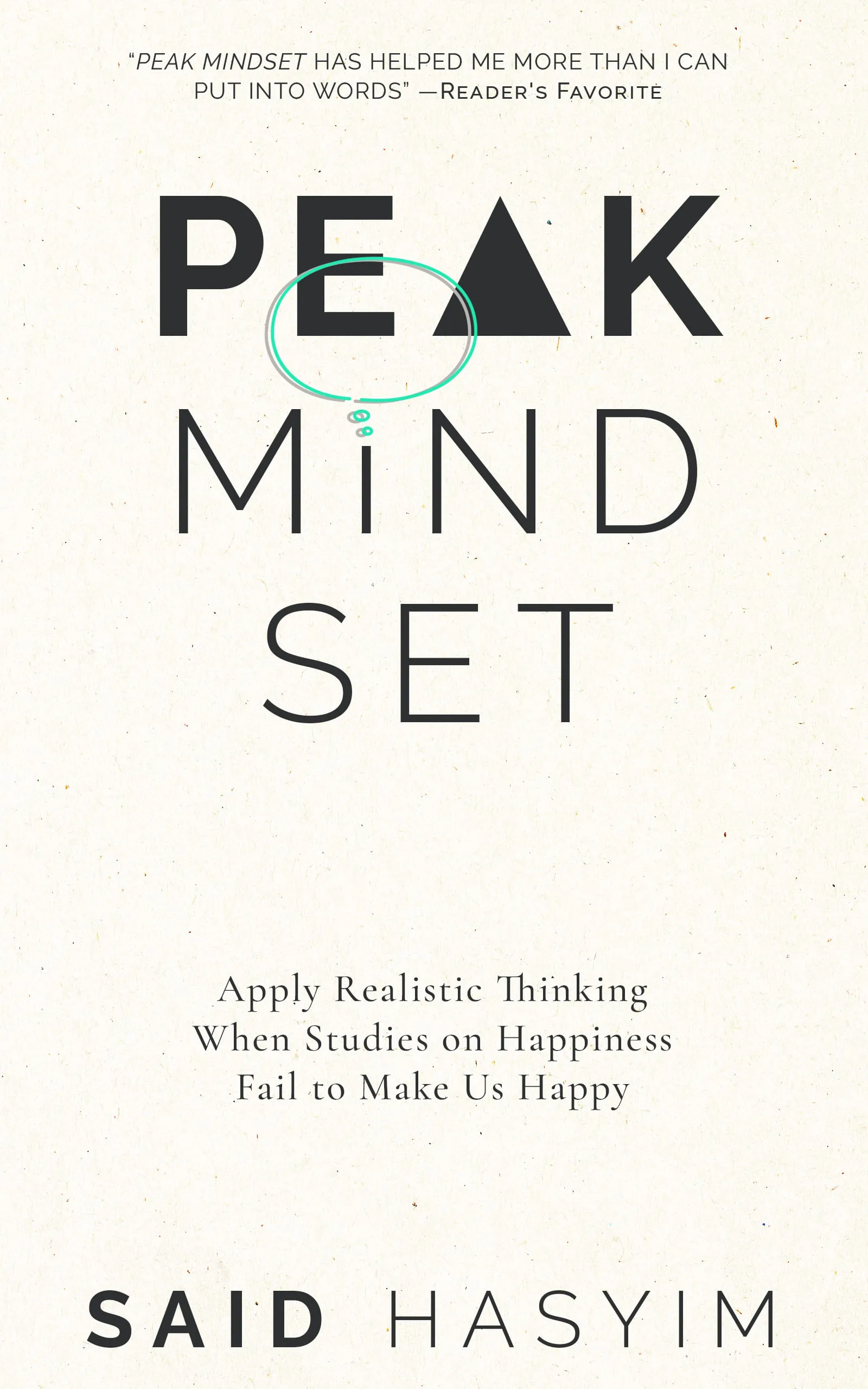Realism vs. Idealism: A Guide to Happiness
In the quest for happiness, individuals often find themselves navigating the complex divide between realism and idealism. In this post, we’ll explore these philosophical perspectives, how they shape our understanding of happiness, and practical ways to find balance between the two.
Understanding Realism and Idealism
What is Realism?
Realism is the philosophical approach that emphasizes a practical and pragmatic understanding of life. It acknowledges the world as it is, often focusing on the potential challenges, limitations, and harsh realities that individuals face. Realists tend to adopt a sober perspective, making decisions based on evidence and facts rather than hopes or dreams.
Key Characteristics of Realism:
- Pragmatic: Realists prioritize practical solutions and tangible achievements over unattainable ideals.
- Cynical View: Often, realism can lead to a cynical view of the world, where one sees humanity as flawed and life as riddled with obstacles.
- Grounded Expectations: Realists maintain grounded expectations, which can protect them from disappointment.
What is Idealism?
In contrast, idealism is the philosophical belief that the world can be shaped by our ideals and aspirations. Idealists often envision a better future and strive for lofty goals, believing in the possibility of human progress and change. This perspective tends to foster optimism and creativity but can also lead to frustration when the realities of life don’t align with one’s ideals.
Key Characteristics of Idealism:
- Optimistic: Idealists have a positive outlook and believe that the world can improve through human effort.
- Visionary: Idealists are often dreamers, focusing on what could be rather than what is.
- High Expectations: With their idealistic views, they may set high expectations for themselves and others, leading to potential disappointment.
Happiness in a Boiling Cauldron of Realism and Idealism
Now that we’ve established the foundational differences between realism and idealism, how do these philosophies impact our quest for happiness?
The Realist Approach to Happiness
Realists argue that happiness is best achieved by accepting life’s circumstances as they are. They embrace the following beliefs:
Acceptance of Reality: By accepting life’s difficulties, realists can better manage their expectations and cultivate resilience. Instead of dreaming of a perfect world, they focus on making the best of their current situation.
Setting Achievable Goals: Realism promotes the establishment of achievable goals, which can provide a sense of accomplishment. Focusing on small, manageable steps leads to sustained motivation and satisfaction.
Finding Joy in the Ordinary: Realists often find happiness in simple, everyday moments rather than grand achievements or dreams. By appreciating life’s small pleasures, they cultivate contentment.
The Idealist Approach to Happiness
Idealists offer a contrasting viewpoint, suggesting that happiness stems from pursuing visions of a better world. Their approach involves:
Aspiration and Motivation: Idealists are often driven by their aspirations, motivating them to strive for a better future. This pursuit can provide a sense of purpose and fulfillment.
Creativity and Innovation: Idealists tend to think outside the box, leading to creativity and innovation. Engaging in creative expression often brings joy and satisfaction.
Cultivating Hope: Idealists have an inherent belief in the possibility of change and improvement. This mindset fosters resilience and emotional well-being.
Finding Balance: The Middle Ground
While realism and idealism may seem at odds, seeking a balance between the two can lead to a more profound sense of happiness. Here are some ways to harmonize these contrasting perspectives:
1. Embrace the Good and the Bad
Life is a tapestry woven with both joys and sorrows. Recognizing that it’s okay to feel disappointed while also striving for something better allows for a more holistic approach to happiness. Embrace both the highs and lows, and accept that they are part of your journey.
2. Set Realistic Goals Based on Idealistic Aspirations
Combine the visionary nature of idealism with the practicality of realism by setting achievable goals that align with your dreams. For instance, if your ideal is to create a more sustainable lifestyle, realistic steps might include reducing plastic use or sourcing local produce.
3. Practice Gratitude
Regardless of your philosophical leanings, fostering a sense of gratitude can build happiness. Appreciate the present moment, acknowledge the challenges you’ve overcome, and celebrate small victories along your path.
4. Stay Flexible
Life is unpredictable, and flexibility is key to navigating challenges while maintaining your ideals. When things don’t go as planned, adjust your expectations and recalibrate your goals, ensuring they remain aligned with your evolving understanding of reality.
5. Develop Resilience
Cultivate mental resilience by blending realistic assessments of situations with idealistic aspirations. Rather than feeling defeated by setbacks, view them as opportunities to learn and grow. The combination of accepting reality while aspiring for change fosters an unstoppable spirit.
Conclusion
The debate between realism and idealism is not merely an academic exercise; it profoundly affects our pursuit of happiness. By understanding both perspectives and finding a harmonious balance between them, we can cultivate a deeper sense of fulfillment. Embrace the complexities of life, set achievable goals based on your dreams, practice gratitude, and remain flexible in your pursuits. Ultimately, happiness is not just a destination but a journey that thrives on the coexistence of dreams and reality.
Leverage Your Mindset for a Fulfilling Life
Explore Peak Mindset, a book to leveraging your subconscious for a more fulfilling life. Gain insights into realistic thinking, money management, and stress resilience to make informed decisions. Discover pitfalls in conventional happiness advice and practical strategies for self-transformation. Unlock your potential and enhance your overall satisfaction.
